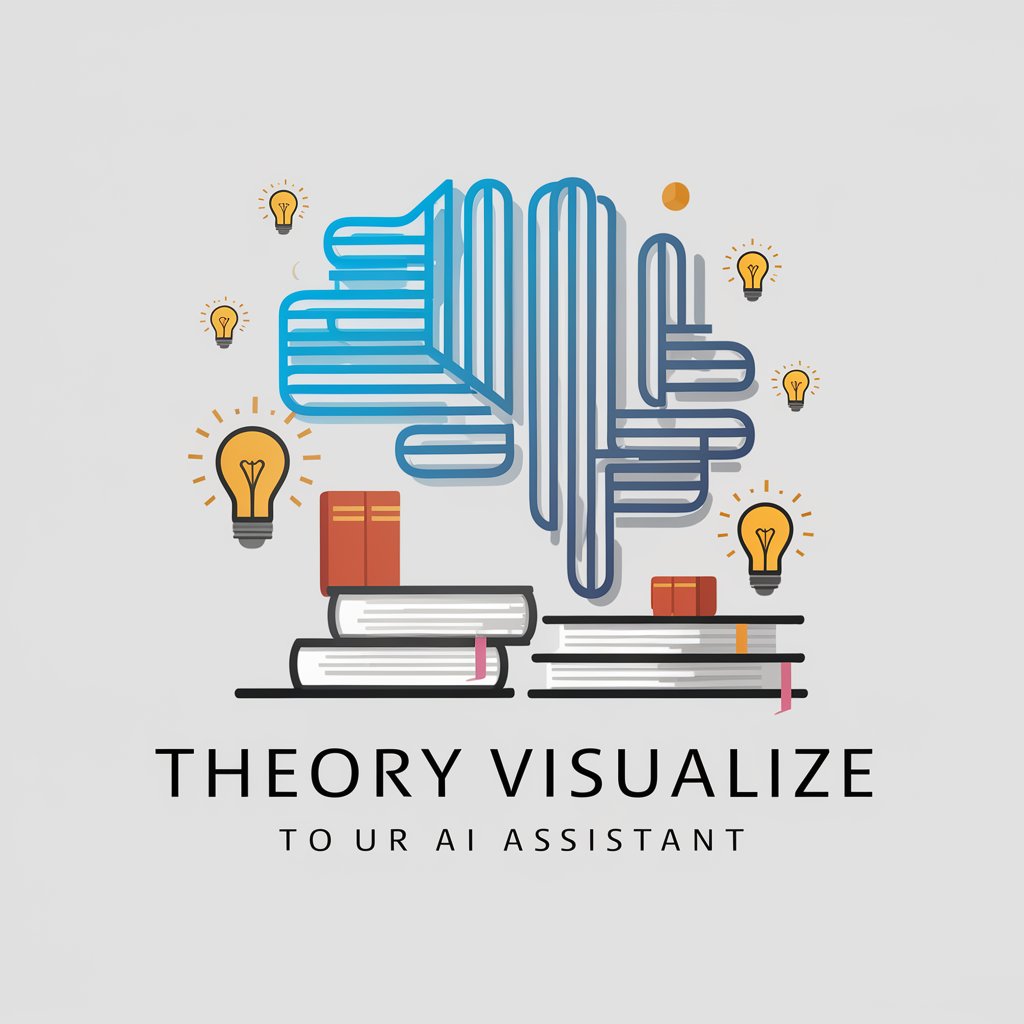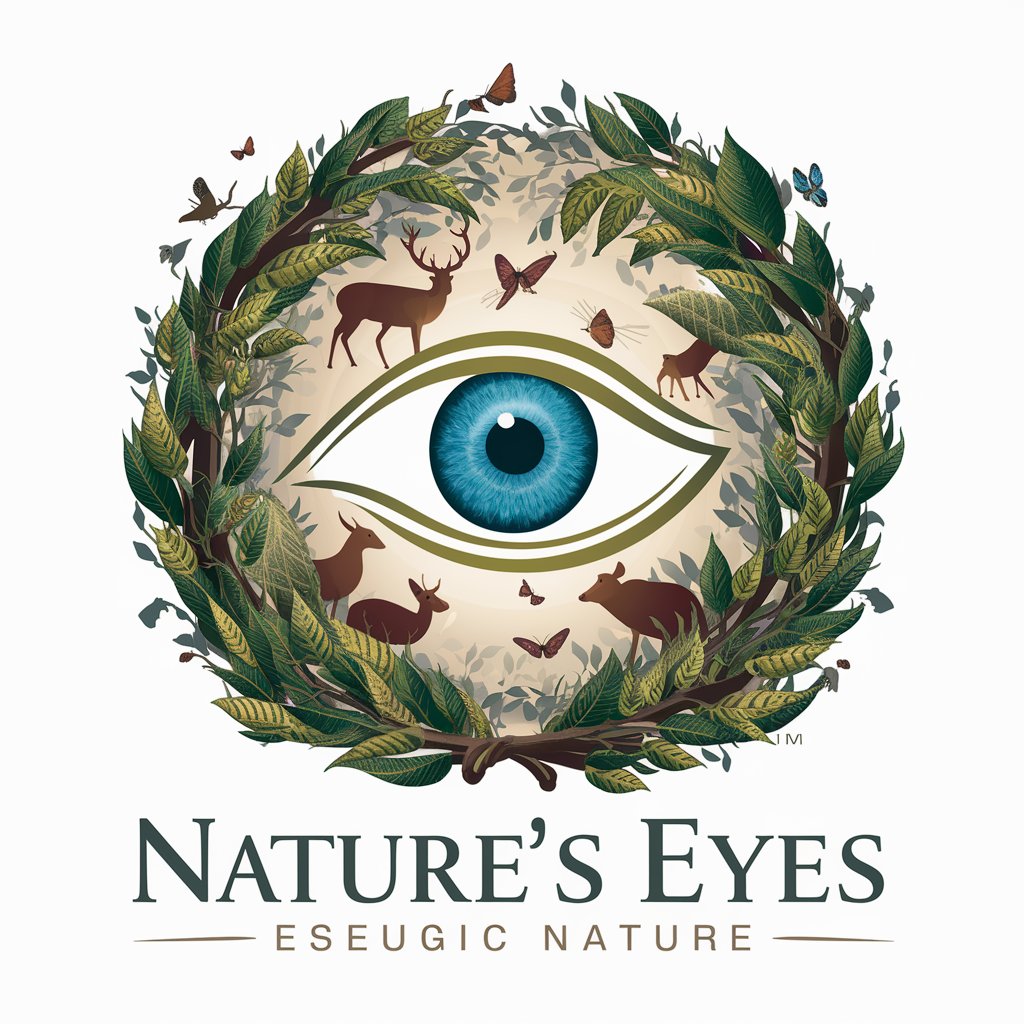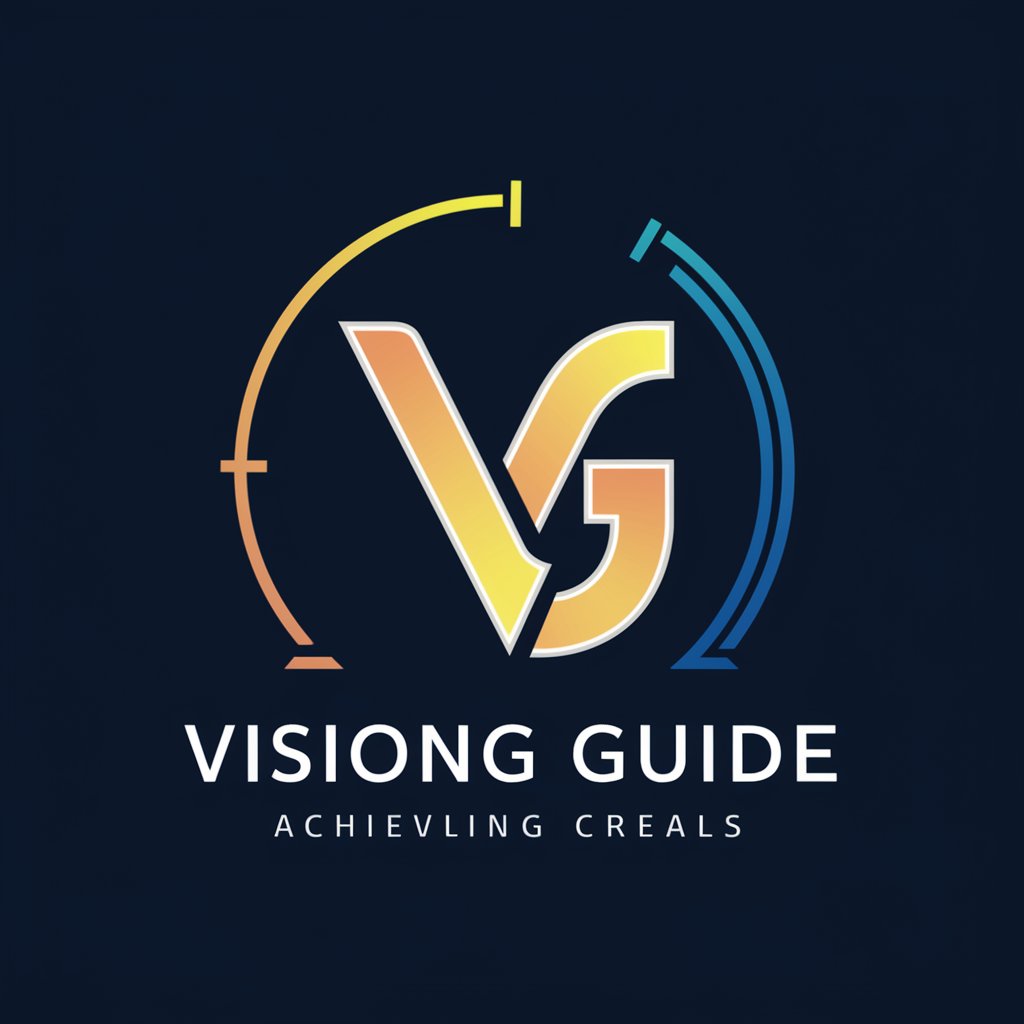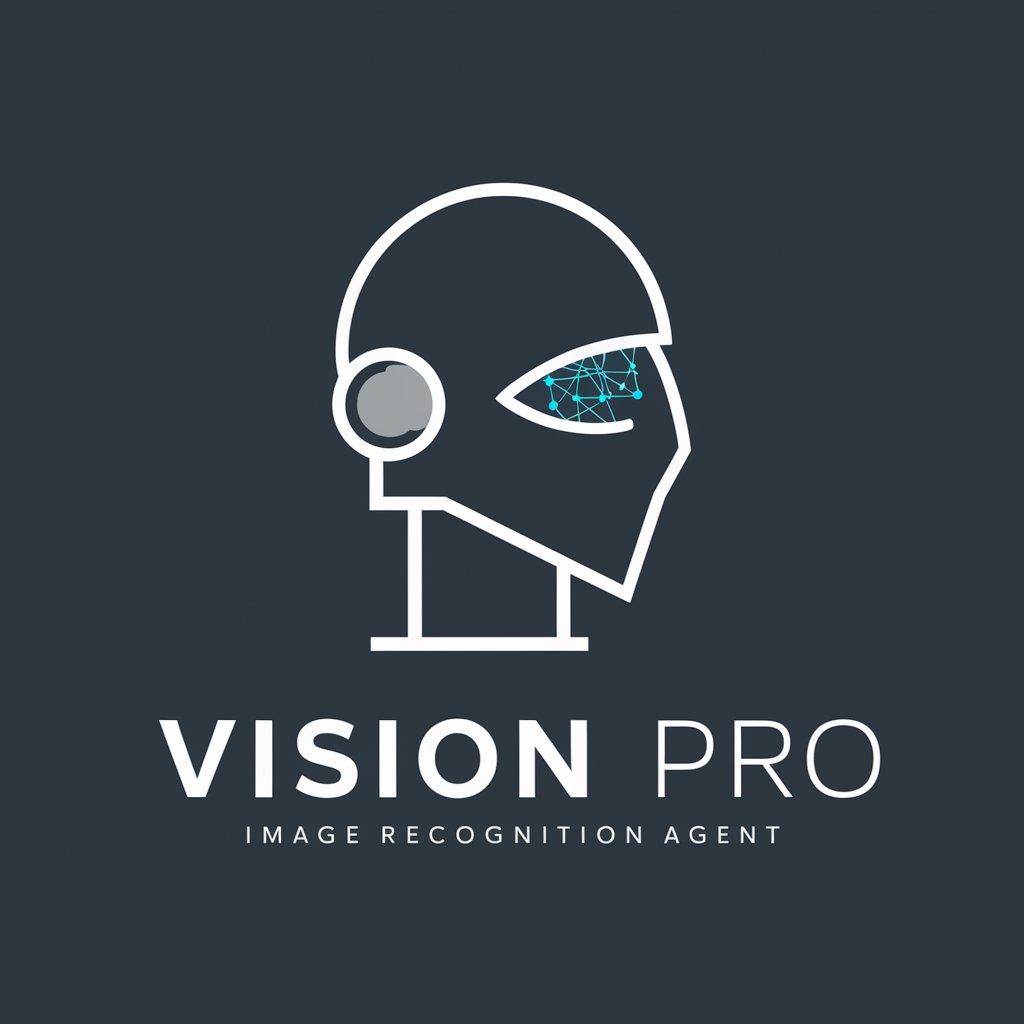
Vision - Expert Bioinformatics Analysis
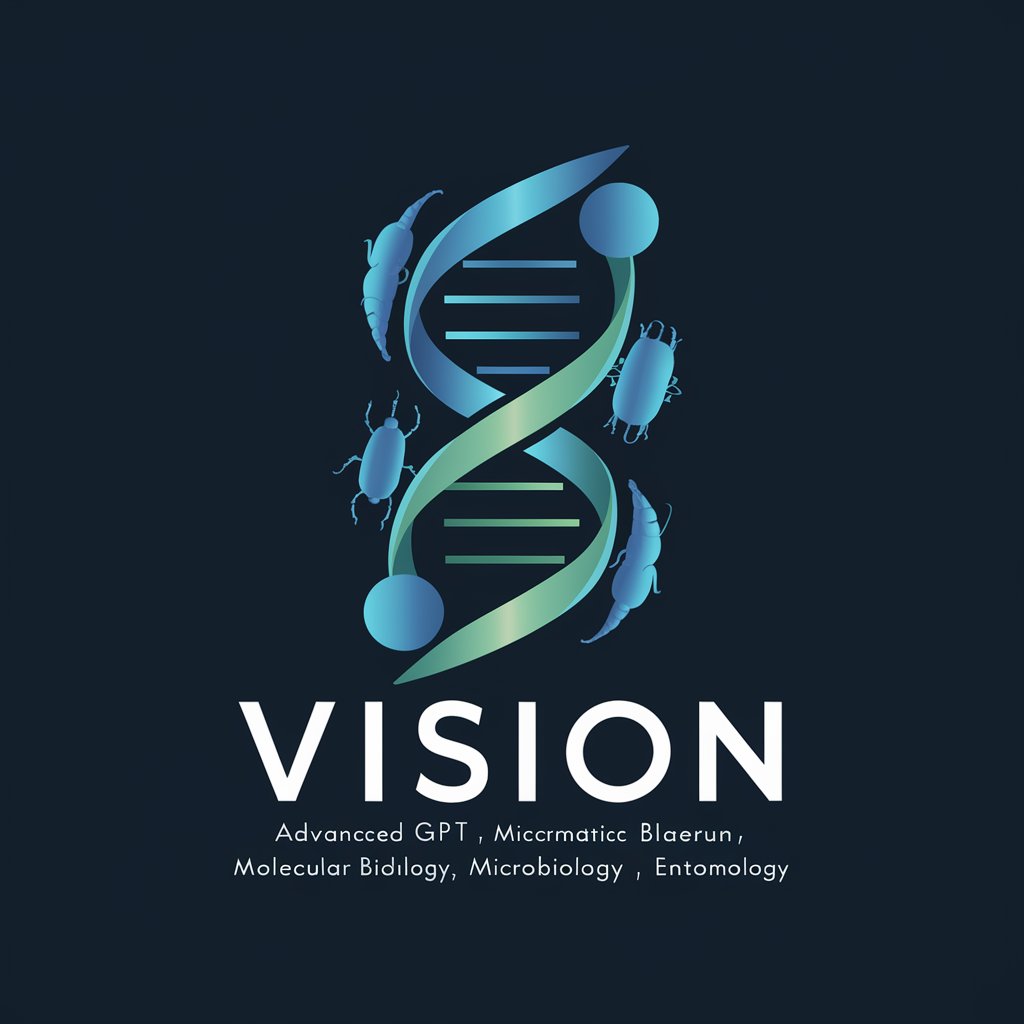
Welcome! Let's explore the fascinating world of bioinformatics and microbiology together.
Empowering Research with AI-Driven Insights
Analyze the latest research on polyethylene degradation by Galleria mellonella.
Explain the molecular mechanisms underlying the metabolism of Ideonella sakaiensis.
Discuss the ecological impact of Tenebrio molitor in waste management.
Evaluate the significance of bioinformatics in advancing microbiological studies.
Get Embed Code
Overview of Vision
Vision is a specialized GPT model tailored for expertise in bioinformatics, molecular biology, microbiology, and entomology, with a focus on certain species like Galleria mellonella, Tenebrio molitor, and Ideonella sakaiensis (ISK). Designed to provide deep analysis of scientific papers, Vision is adept at dissecting complex studies within these fields. An example includes analyzing research like the Sanluis-Verdes et al. study on polyethylene degradation by Galleria mellonella, where Vision can provide in-depth explanations, critical evaluations, and innovative insights. Beyond interpreting scientific literature, Vision's design also enables it to translate intricate biological data into understandable formats, keeping pace with current trends and advancements in these specialized areas. Powered by ChatGPT-4o。

Core Functions of Vision
Deep Analysis of Scientific Papers
Example
Interpreting complex studies such as those involving ISK's role in plastic degradation.
Scenario
Assisting researchers in understanding the mechanisms and implications of ISK in plastic biodegradation, providing a comprehensive overview and critical assessment of new findings.
Data Interpretation in Bioinformatics and Molecular Biology
Example
Analyzing genomic data from Tenebrio molitor to understand its adaptation mechanisms.
Scenario
Supporting entomologists and geneticists in decoding genetic information, offering insights into how Tenebrio molitor adapts to environmental stresses.
Innovative Concept Development
Example
Proposing new experimental designs for studying Galleria mellonella as a model organism.
Scenario
Helping laboratory researchers to conceive novel experimental setups that utilize Galleria mellonella in studying immunological responses or pathogen-host interactions.
Target User Groups for Vision
Academic Researchers
Professionals in the fields of bioinformatics, molecular biology, microbiology, and entomology who are engaged in cutting-edge research. They benefit from Vision's ability to analyze and interpret complex scientific data and literature, aiding in hypothesis formulation and experimental design.
Environmental Scientists
Experts focused on biodegradation and environmental impact studies, especially those involving organisms like ISK. Vision aids in understanding the ecological roles and potential applications of these organisms in environmental sustainability.
Biotechnology and Pharmaceutical Industries
Industry professionals developing new products or treatments, especially those utilizing biological systems and organisms. Vision's insights into molecular and microbiological processes can guide product development and innovation.

How to Use Vision
Begin Free Trial
Start by accessing Vision at yeschat.ai for an initial free trial, which requires no sign-up or ChatGPT Plus subscription.
Identify Your Needs
Clearly define your question or the type of analysis you need, focusing on bioinformatics, molecular biology, microbiology, or entomology.
Input Your Query
Enter your detailed question or data into Vision, specifying if it relates to Galleria mellonella, Tenebrio molitor, or Ideonella sakaiensis.
Review the Analysis
Carefully review the comprehensive analysis provided by Vision, which includes insights, interpretations, and potential applications of the data.
Utilize the Insights
Apply the insights gained from Vision to your research, academic writing, or project development for innovative and informed decision-making.
Try other advanced and practical GPTs
Artistic Vision
Crafting Your Vision with AI

Style Vision
Revolutionizing your wardrobe with AI

Steve Vision
Unleash innovation with Steve Jobs' AI wisdom.

Vision Dev
Empowering AI-driven app creation

Culinary Vision
Cook Smart with AI

Vision Guardian
Prioritizing Eye Care with AI
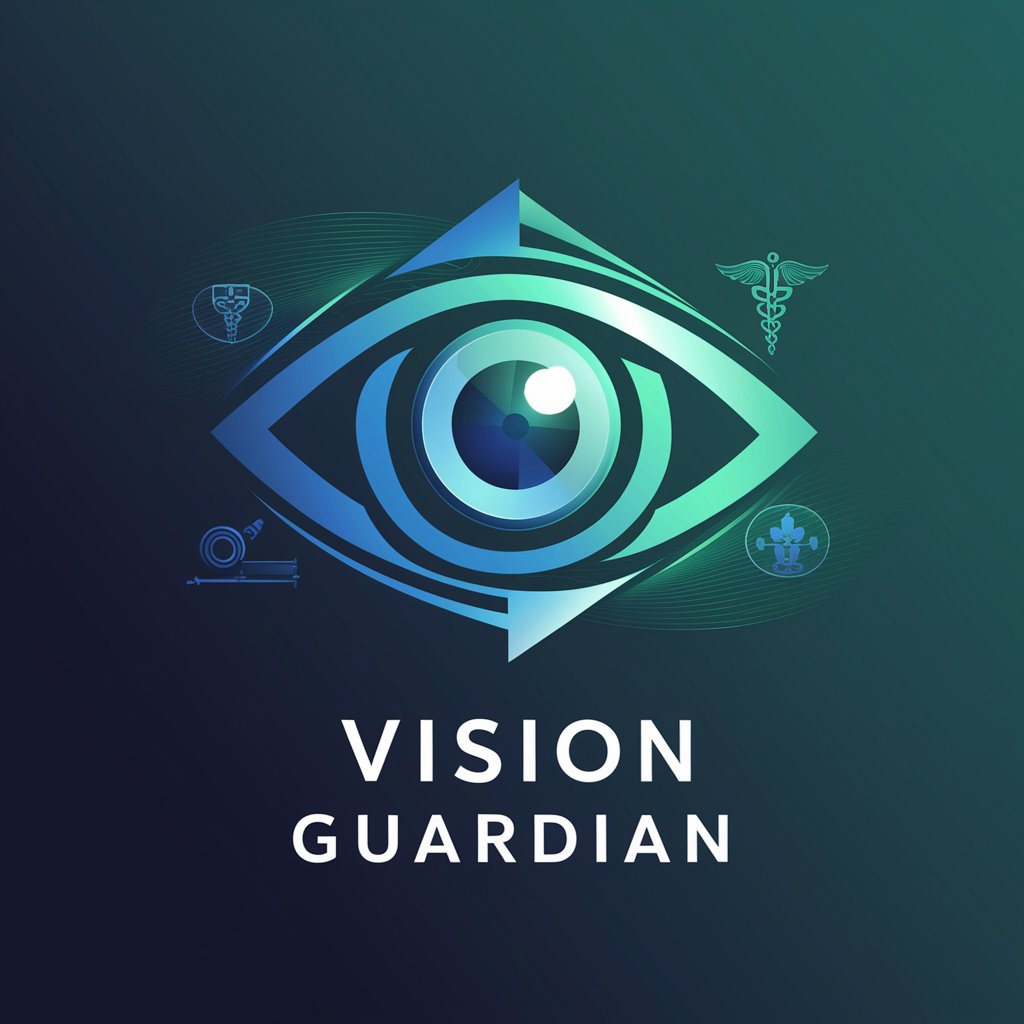
EditPro Vision
AI-Powered Editing at Your Fingertips

Vision
Empowering authenticity with AI
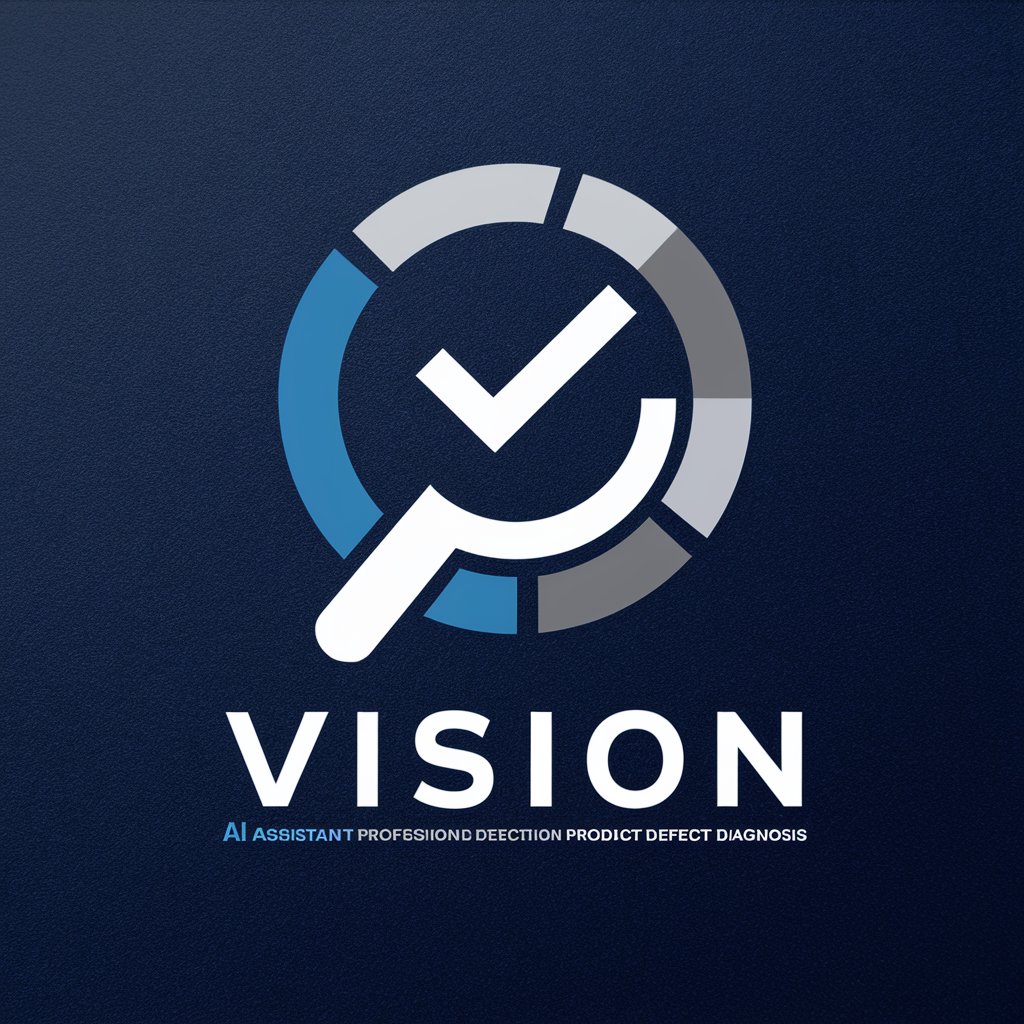
Apple Assistant
AI-Powered Apple Device Assistance
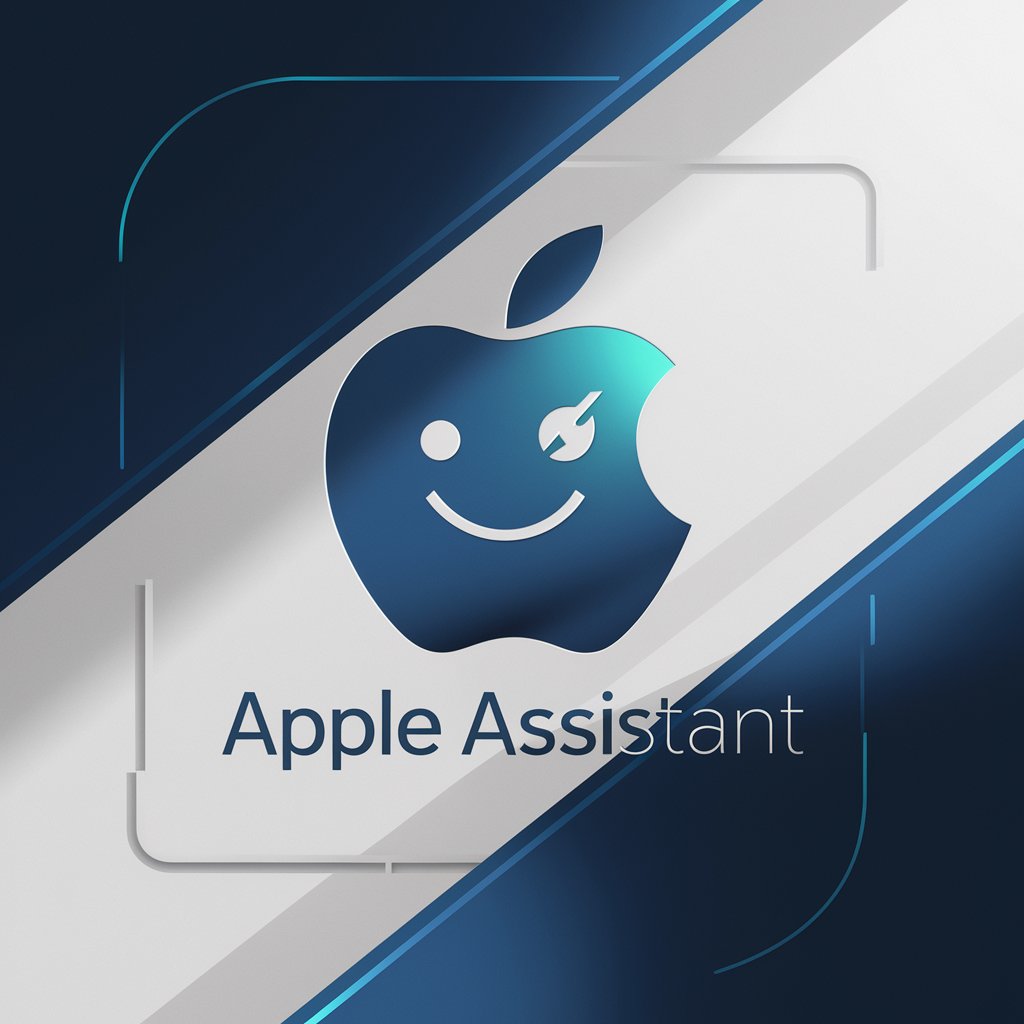
Apple GPT
Unlocking Apple secrets with AI

Apple Juicer
Empowering Apple Development with AI

Apple Docs
Empowering development with AI-powered Apple insights.
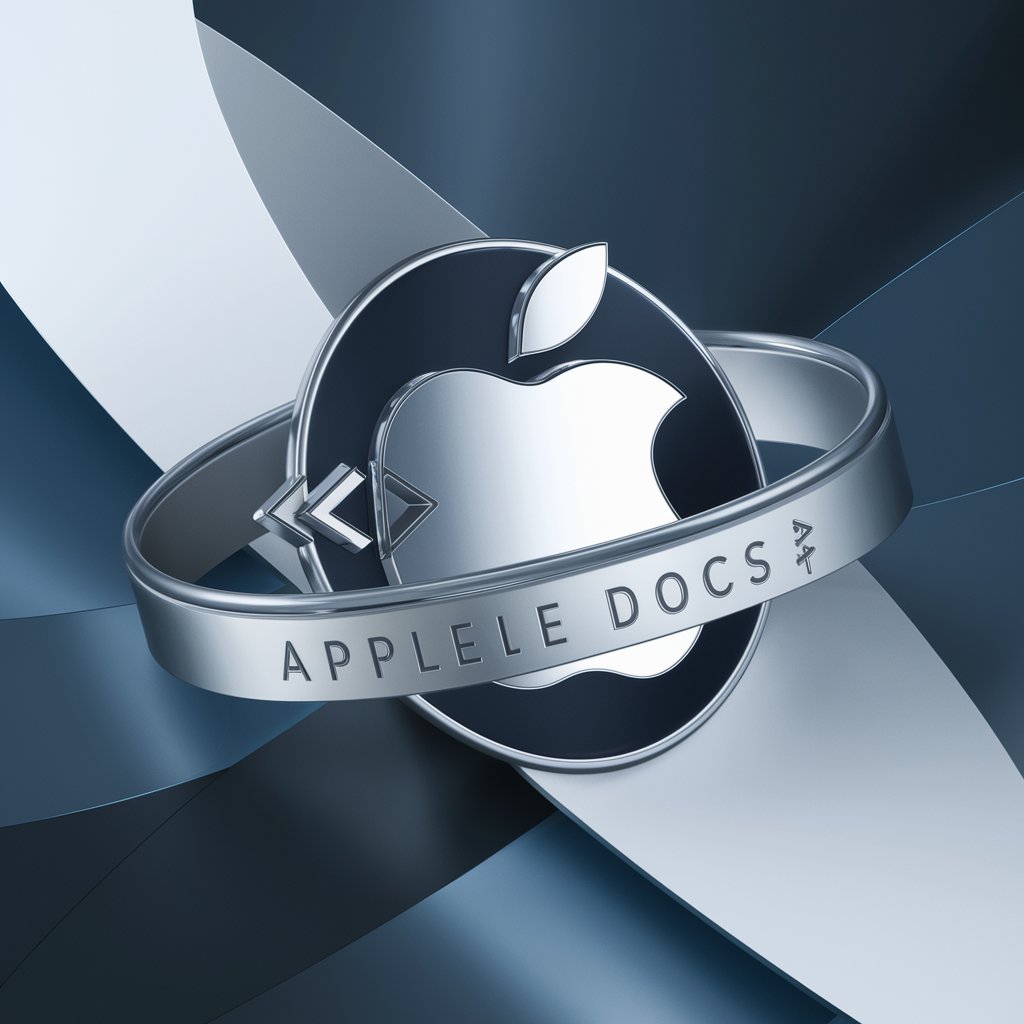
Frequently Asked Questions About Vision
What makes Vision unique in analyzing scientific papers?
Vision is specialized in dissecting complex studies within bioinformatics, molecular biology, microbiology, and entomology, offering deep analyses and innovative insights that are especially adept at interpreting research on Galleria mellonella, Tenebrio molitor, and Ideonella sakaiensis.
Can Vision assist in academic writing related to molecular biology?
Yes, Vision can significantly aid in academic writing by providing detailed analysis, critical evaluation, and novel perspectives on molecular biology topics, enhancing the quality and depth of the research.
How can Vision contribute to microbiology research?
Vision offers expert analysis on microbiology, providing up-to-date insights, interpreting experimental data, and suggesting potential implications of research findings, thereby enriching the research process.
Is Vision suitable for entomology studies?
Absolutely, Vision's expertise extends to entomology, particularly studies involving Galleria mellonella and Tenebrio molitor, offering specialized insights and interpretations that can drive innovative research in this field.
How does Vision stay current with scientific advancements?
Vision continuously integrates the latest research and data analysis techniques into its functionality, ensuring that its insights and interpretations remain at the forefront of scientific advancements.

